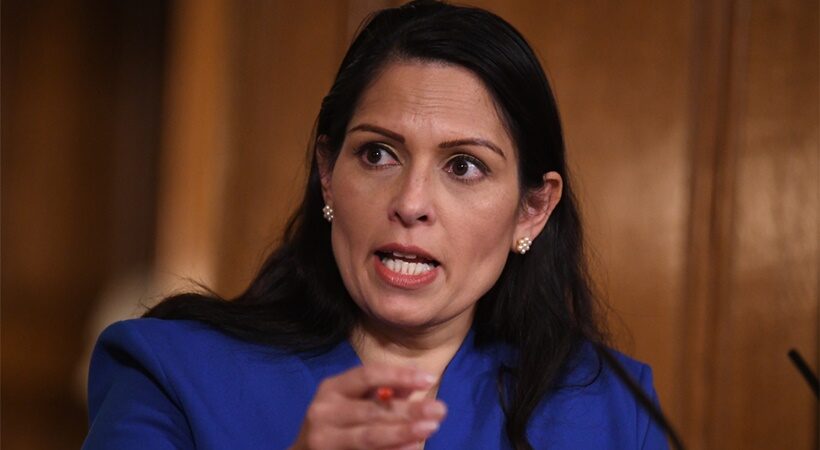The skilled workers and students from India are the most common nationalities arriving in the UK, and thus, immigration should be separated from the larger free trade agreement (FTA), said Priti Patel, UK Home Secretary.
“The most Indian students ever will study in the UK during the upcoming semester year. Our immigration system is dominated by India, she claimed. “Free trade agreements, or FTAs, are unquestionably in place for commercial reasons. Regarding those to consider.
“We’ve developed a brand-new digital immigration system that is based on points. That is operational and effective. India is the nation at the top of the list. It’s a high competence that companies are supporting for employment across various sectors,” the domestic secretary continued.
When asked about additional visa liberalisation through an FTA, she noted: “I believe that this should be separated from the larger FTA. Immigration is excluded from the scope of FTAs, which are governed by tariffs and quotas. We desire high incomes and excellent skill levels.”
The senior British-Indian Cabinet minister expressed her confidence in achieving Prime Minister Narendra Modi’s “quantum leap” in bilateral relations in the run-up to an FTA later this year while speaking at a session on the diaspora living bridge at the UK-India Week in London. She also referred to the BJP and Conservative Party as “sister parties” in her remarks.
“The term “Quantum Leap” is excellent, in my opinion. It broadens the mind, which is precisely what we ought to be doing. India and the UK have a very ambitious DNA,” she said.
The minister of Gujarati descent made mention of British Prime Minister Boris Johnson’s April trip to India, during which he was in his “home state Gujarat.”
Patel declared, “I’m very much bilateral rather than multilateral,” adding that while institutions have their uses, Prime Minister Narendra Modi has been the driving force for bilateral relations.
“I’m going to become really political now because I believe that our two parties are related to one another. Because of the connections between individuals, the roots are not only solid but also growing faster. People, education, skills, the economy, and we are all invested in each other,” she said.
She was also questioned about Johnson’s party gate issues after he lost two significant by-elections earlier this month, as well as her personal plans to succeed him as prime minister, which she categorically denied.
She uttered: “I’m rather familiar with my party. Mid-term losses have occurred, and I have personally been engaged in by-elections where this has happened. We shouldn’t start beating ourselves up and wringing our hands”.
“I can assure you that Johnson will head the Conservative Party and serve as Prime Minister of our nation during the upcoming general election”. “Being prime minister is not something I consider. I’m entirely focused on my work, my obligations to my nation, and the people of Great Britain.”
The UK-India Week, organised by the UK-based India Global Forum (IGF), began on Monday and will come to an end on Friday with the presentation of the UK-India Awards to recognise accomplishments in a variety of fields in advancing bilateral ties.
(with inputs from PTI)



















